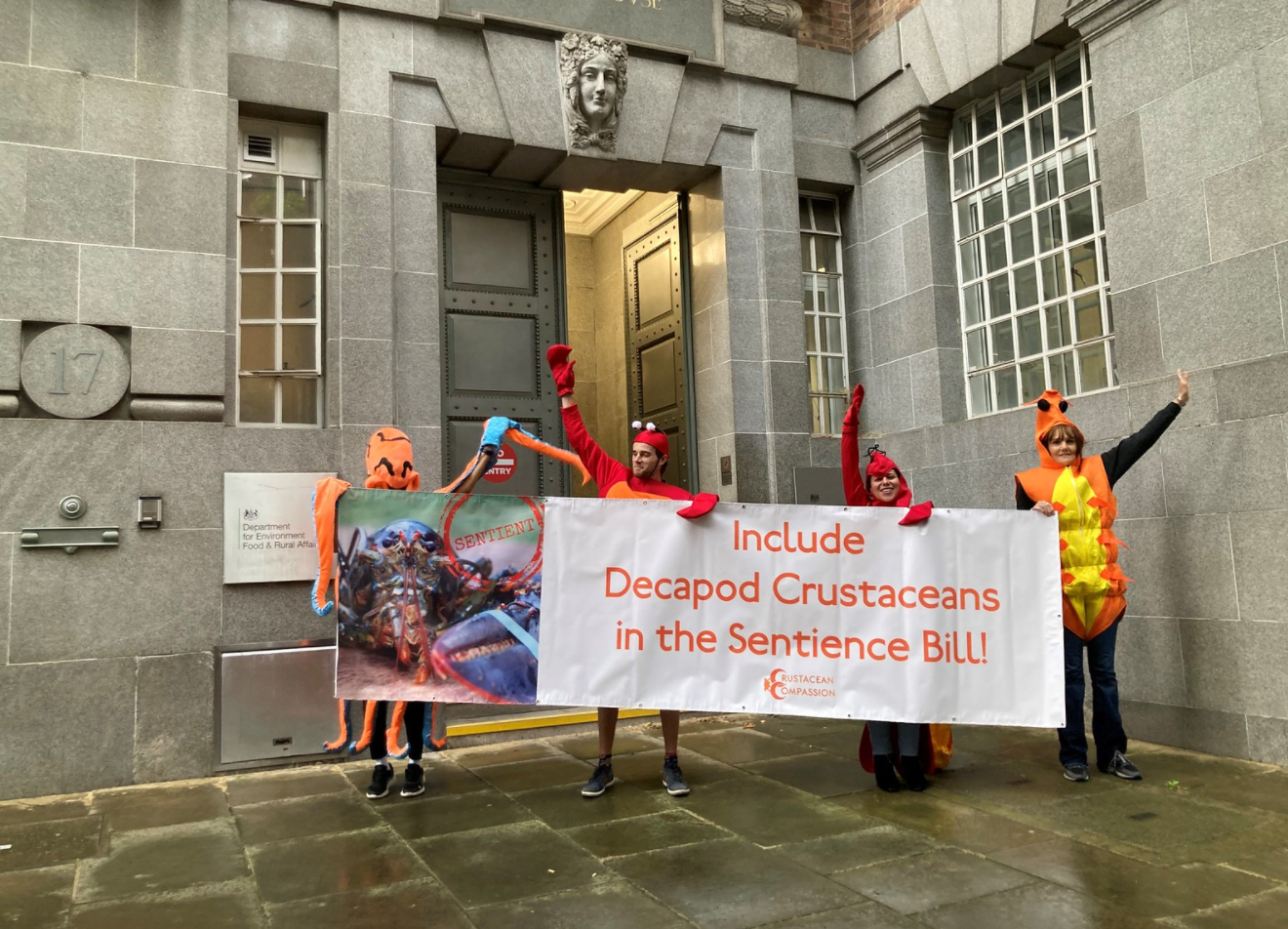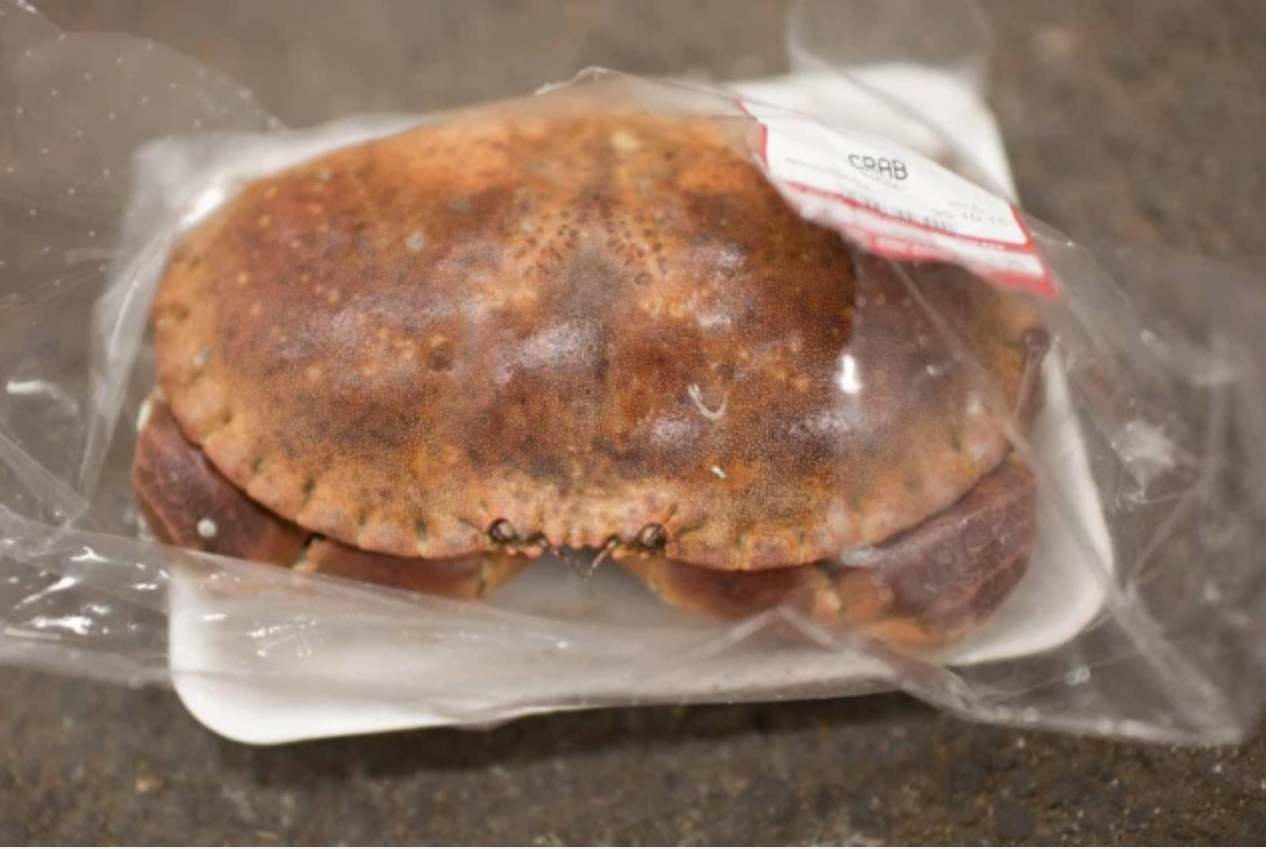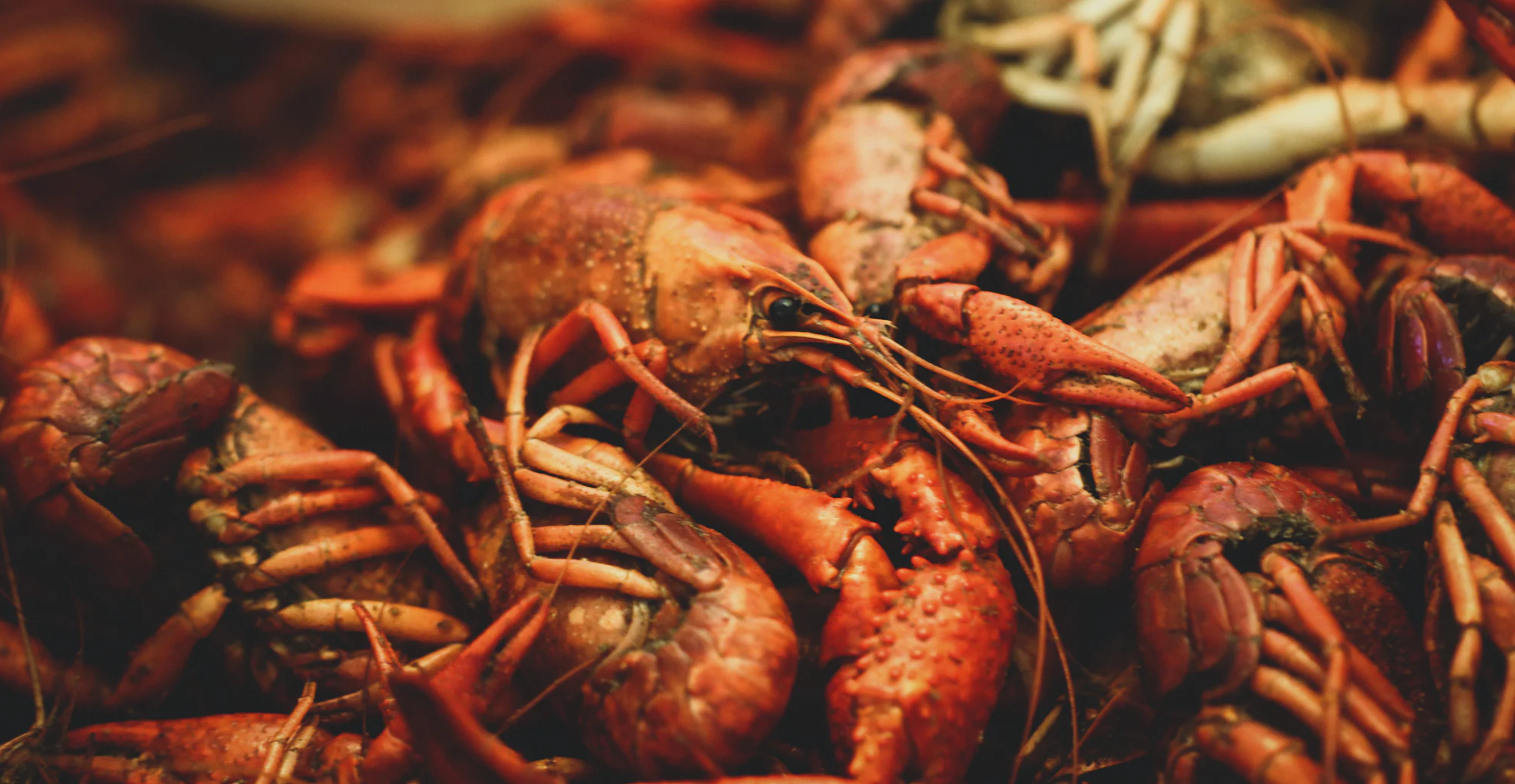More like a spiritual council than lawmakers themselves, British Lords are putting pressure on their parliament to make it illegal to boil lobsters and other crustaceans alive. Considered to be the tastiest way to eat lobsters and crab, the Lords believe this is no longer right as “lobsters can feel pain.”
The British public were in uproar after hearing about a Korean supermarket that was shrink-wrapping crabs and selling them alive in a vending machine. Another man was lambasted after selling lobster through the post.
The House of Lords is looking to set a new standard in the British Parliament by outlawing such practices. Even though it is common in the United States to send chicks, insects and other animals by post for agriculture or farming purposes.
The move could see these animals given new legal protections, and means that restaurants and fishmongers could be banned from boiling crabs alive or sending live lobsters through the post. In 2011 we reported how stray pups were being cooked alive in China. In some legal frameworks, like Jewish law, it is forbidden to cook or eat an animal or any of its bodyparts when it is still alive. Kosher slaughtering was always seen as a means towards the least amount of suffering.
But even those practices have sometimes come into question in the US with the shackle and hoist system to allow a shohat or the ritual slaughterer to access the carotid artery in a specific but painful way for the animal.

Lords from the House of Lords
Maisie Tomlinson of Crustacean Compassion, a group fighting for the rights of crabs and lobsters, said: “We hope the House of Lords votes to accept this amendment at the earliest opportunity. Decapod crustaceans are Britain’s forgotten animals, widely recognised as sentient but subject to brutal treatment in the food industry.
“The government made a manifesto commitment to promote high standards of animal welfare, and prides itself on being led by the science. It cannot decide which animals are sentient based on political convenience, and if the independent review of decapod and cephalopod sentience is so critical to the Lords’ decision-making, we urge them not to delay its release any further”.

Protesting for lobsters
The Animal Sentience Bill was introduced by the government on May 11th as part of a raft of animal welfare reforms. It replaces EU legislation which legally recognised that animals can feel pain and experience emotions.

Selling live pre-wrapped crabs in a vending machine.
The UK Animal Sentience Bill currently only applies to “vertebrate” animals – animals with a backbone. However, Crustacean Compassion, whose supporters include Chris Packham, Bill Bailey, the RSPCA and the British Veterinary Association, argue that the Bill does not go far enough.
Scientific evidence shows that decapod crustaceans, a group which includes crabs and lobsters, can feel pain and suffer and should be included in animal welfare legislation. The amendment also requests that cephalopods, which includes octopus and squid, are also protected by the Bill.
While other countries such as Switzerland, Norway and New Zealand include decapod crustaceans in their animal welfare laws, decapods are not currently included in the definition of ‘animal’ in most of the UK’s animal welfare legislation.
Crustacean Compassion points out that this means that they can be routinely treated as if they were no more sentient than a vegetable. Decapod crustaceans are frequently boiled and/or dismembered alive, and research shows that a brown crab may take up to three minutes to die in boiling water. Electrical stunning before slaughter, they argue, is currently the most humane method of dispatching the animals.

A Korean supermarket in London has shocked shoppers by selling live crabs wrapped in plastic. The shop has been criticised for packaging the crustaceans in polystyrene and cling film with elastic bands holding their legs and claws together.
Last year, a fishmonger came under fire for using Amazon to deliver live lobsters through the ordinary post, and a London supermarket was criticised for selling crabs shrink-wrapped while still alive.




